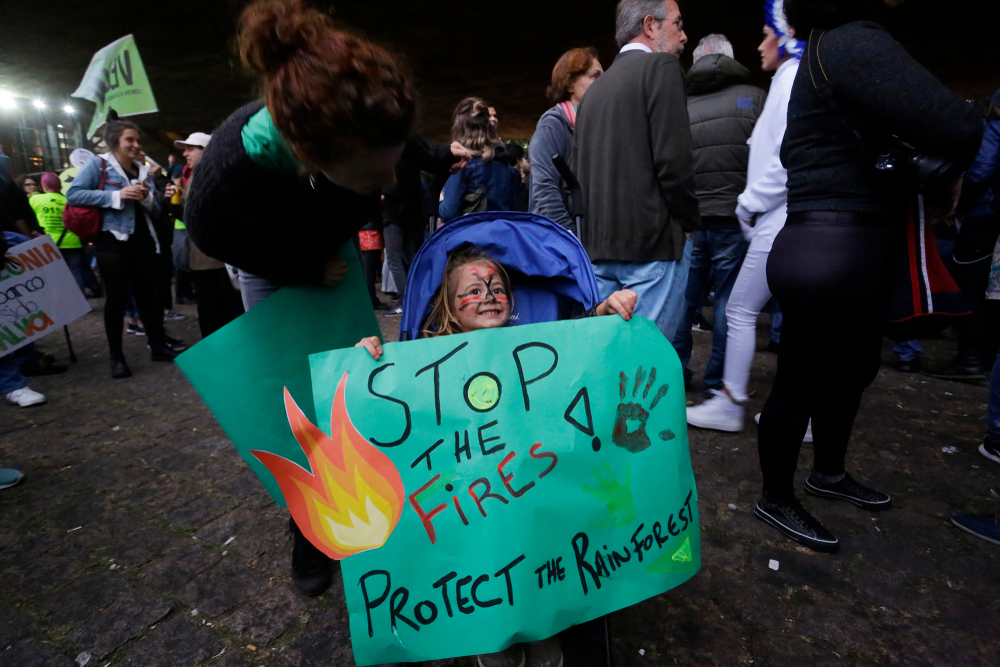In the process of producing a series of articles last year on the continued loosening of protections for indigenous communities in Brazil, the intensification of deforestation in the Amazon Basin, and the Jair Bolsonaro government’s verbal attacks on traditional populations, The Brazilian Report consistently heard the same prognosis from indigenous specialists, environmentalists, and political analysts: that the worst was still to come. Indeed, the dismantling of environmental protection agencies is continuing, and a new bill to permit mining activities on indigenous lands has been called a “death sentence” for traditional populations.
The legislative proposal submitted by the Jair Bolsonaro government would regulate the exploitation of “mineral, water, and organic resources” on demarcated indigenous reservations. In essence, this would allow all sorts of activities to be implemented on these protected lands, from the building of mines and hydroelectric dams to farms, ranches, and even tourist resorts.
Companies who seek permission to carry out such activities would first need to gain authorization from Congress, presenting proposals that involve financial compensation for the indigenous communities affected.
The project fits perfectly in sync with President Bolsonaro’s view of the Amazon as a mineral potential waiting to be profited from. He regularly claims that Brazil’s indigenous lands are some of the richest in minerals in the world—despite there being no studies to confirm or refute this—and that this supposed wealth “can’t remain underground.”
Another claim from the Bolsonaro government...


 Search
Search






































